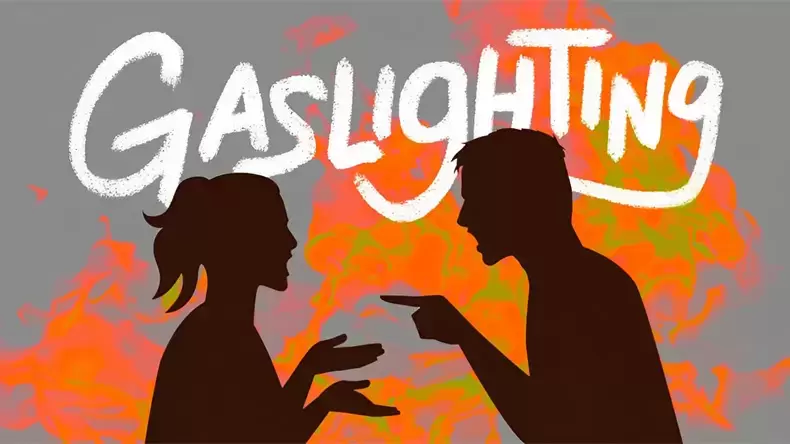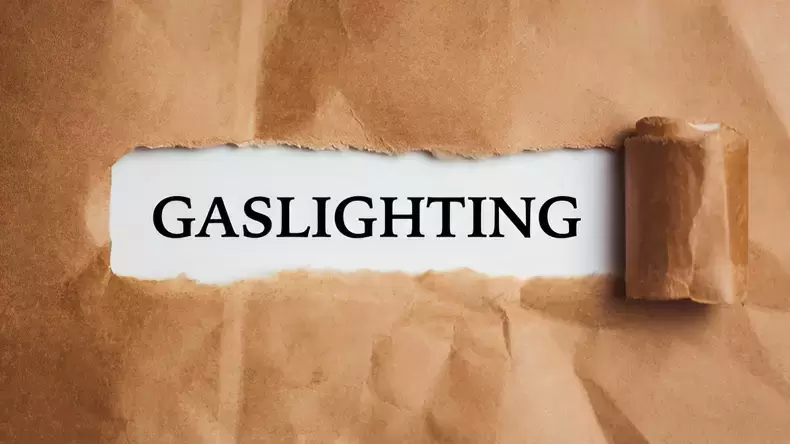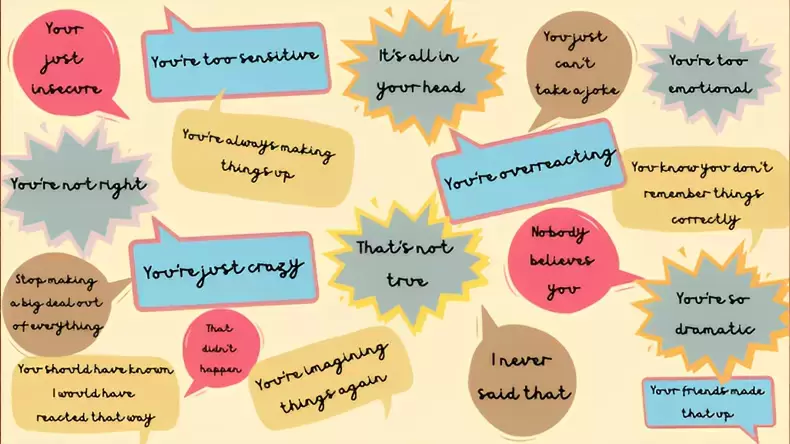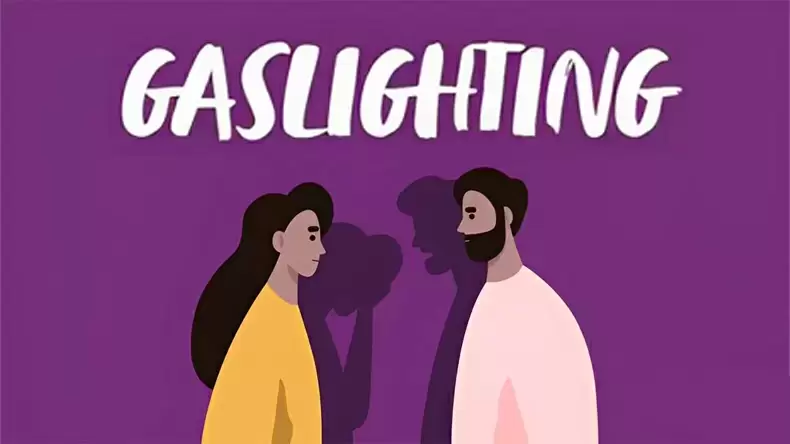Which LE SSERAFIM Member Are You? Quiz
Gaslighting is a manipulative tactic that can have a profound impact on a person's mental well-being. To raise awareness and help individuals understand this phenomenon, we invite you to take our quiz: "How Much Do You Know About Gaslighting?" 
Gaslighting is a subtle and insidious form of psychological manipulation, and recognizing its signs is crucial for your emotional well-being. This quiz will test your knowledge about gaslighting, helping you understand its tactics, effects, and how to identify if you or someone you know may be experiencing it.
By taking this quiz, you'll not only gain valuable insights into gaslighting but also become better equipped to protect yourself and support others who may be going through this harmful behavior. Remember, knowledge is power, and by understanding gaslighting, you can reclaim your sense of self and foster healthier relationships.
So, are you ready to test your knowledge about gaslighting? Take our quiz and discover how much you know about this manipulative tactic. Let's shine a light on gaslighting and empower ourselves against its harmful effects.
Unmasking Gaslighting: Understanding, Identifying, and Overcoming Manipulation
Gaslighting is a form of psychological manipulation in which one person seeks to make another person doubt their own perceptions, memories, and sanity. It involves distorting or denying the truth, creating confusion, and undermining the victim's sense of reality. Gaslighting is often employed in toxic relationships, where the abuser uses tactics such as lying, minimizing, blame-shifting, and manipulation to exert control over the victim. 
If you suspect you are being gaslighted, it's important to trust your instincts and take steps to protect your well-being. Here are some actions you can consider:
Recognize the signs: Educate yourself about gaslighting behaviors and tactics. Understanding the patterns can help you validate your experiences and identify manipulation when it occurs. 
Seek support: Reach out to trusted friends, family members, or professionals who can provide a supportive and objective perspective. Discuss your concerns and share your experiences to gain insight and validation.
Maintain self-care: Gaslighting can take a toll on your self-esteem and mental well-being. Focus on self-care activities that promote your emotional and physical health. This could include therapy, journaling, engaging in hobbies, or practicing mindfulness and self-reflection.
Set boundaries: Establish clear boundaries with the gaslighter to protect yourself. This may involve limiting contact, avoiding sensitive topics, or seeking professional guidance on how to navigate the relationship.
Document incidents: Keep a record of instances where gaslighting occurs. Documenting specific incidents, conversations, and manipulative tactics can provide evidence of the gaslighter's behavior and help you maintain a clear perspective.
Trust yourself: Gaslighters aim to erode your self-confidence and self-trust. Cultivate self-belief and trust in your own perceptions. Remind yourself of your worth and validate your experiences and emotions.
Consider professional help: If you find it challenging to cope with the gaslighting or the impact it has on your mental well-being, consider seeking therapy or counseling. A professional can provide guidance, support, and tools to help you navigate the situation and heal from the emotional effects.
Remember, each situation is unique, and the steps to address gaslighting may vary. It's important to prioritize your safety, well-being, and mental health throughout the process.












